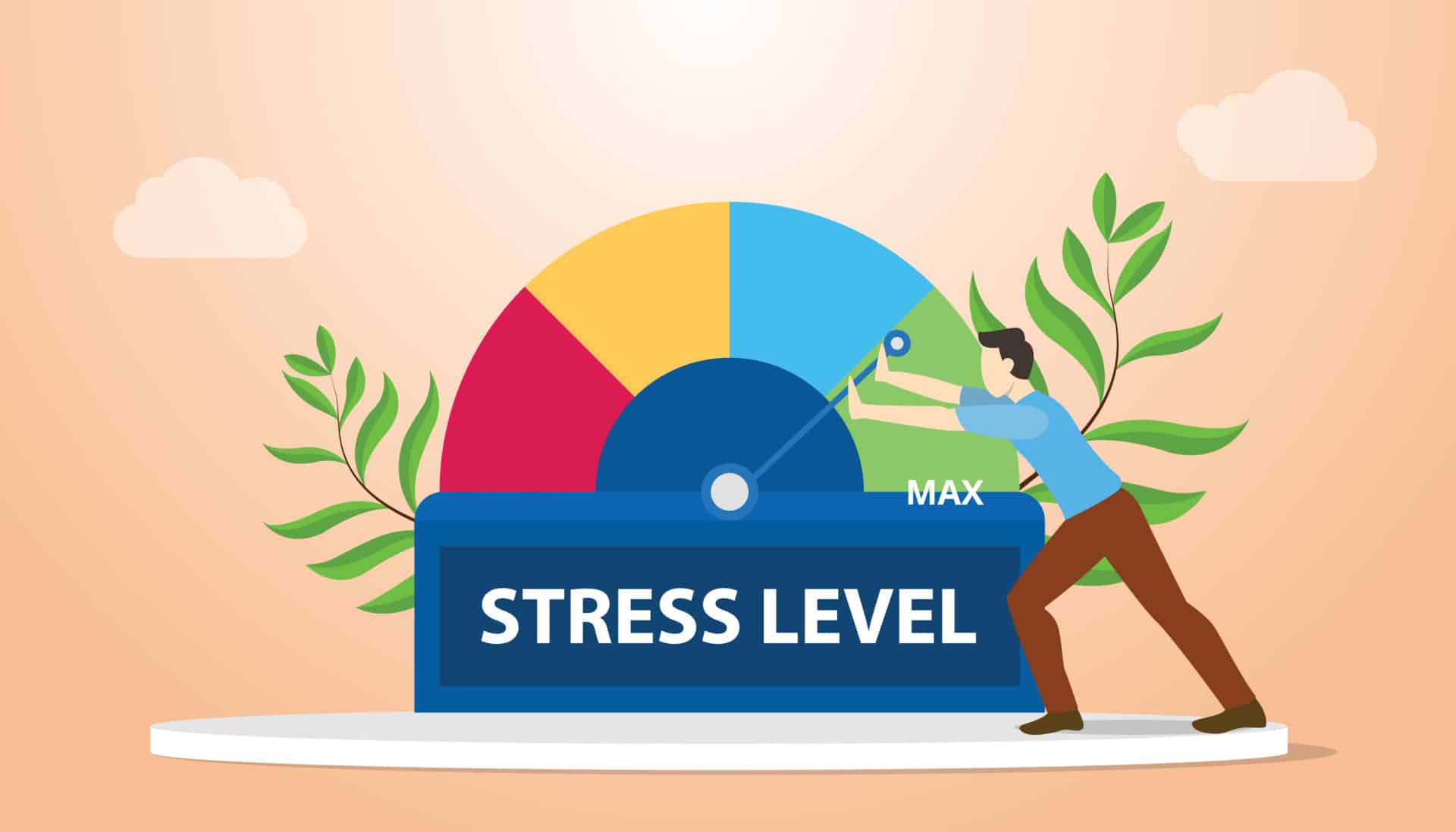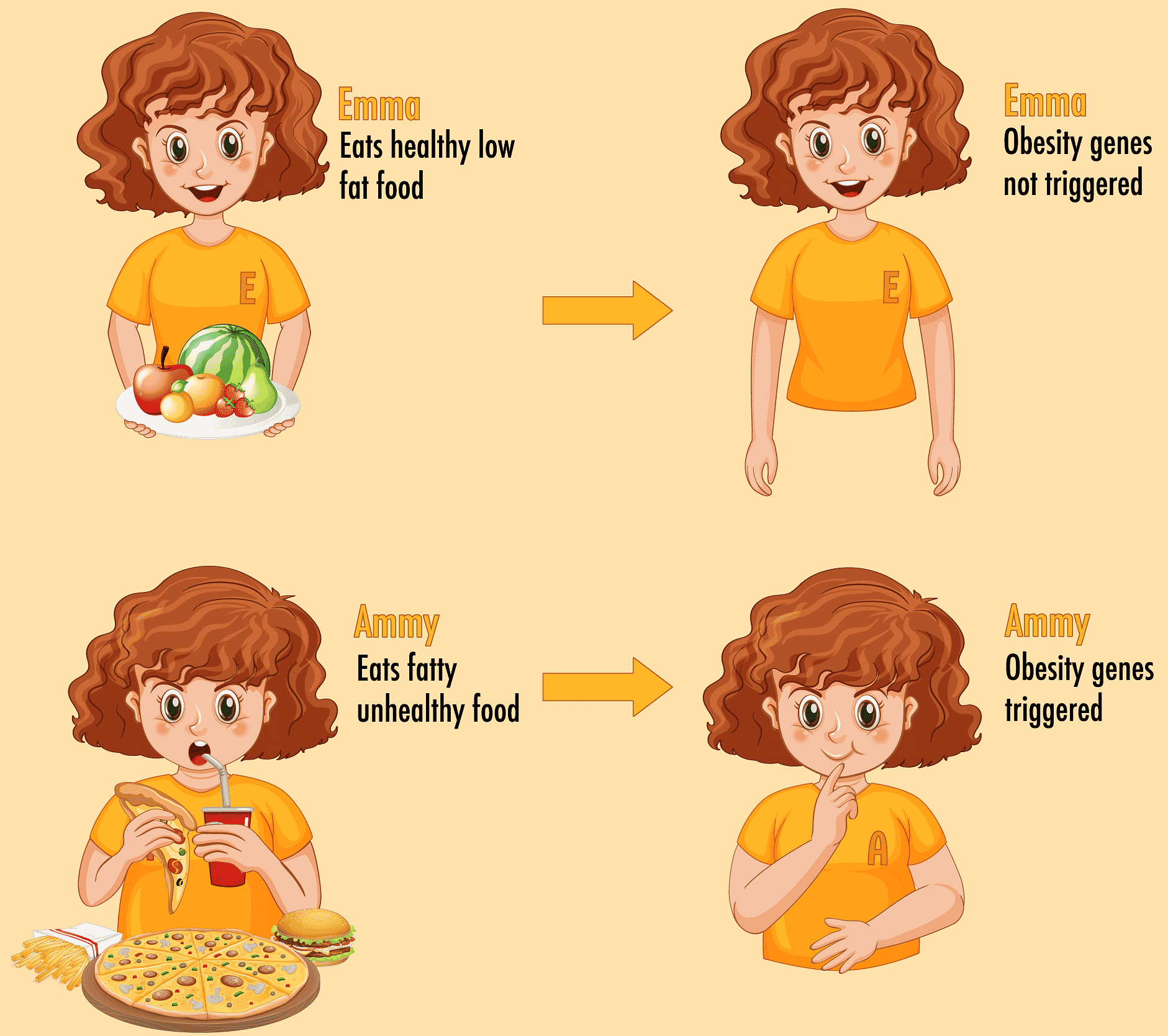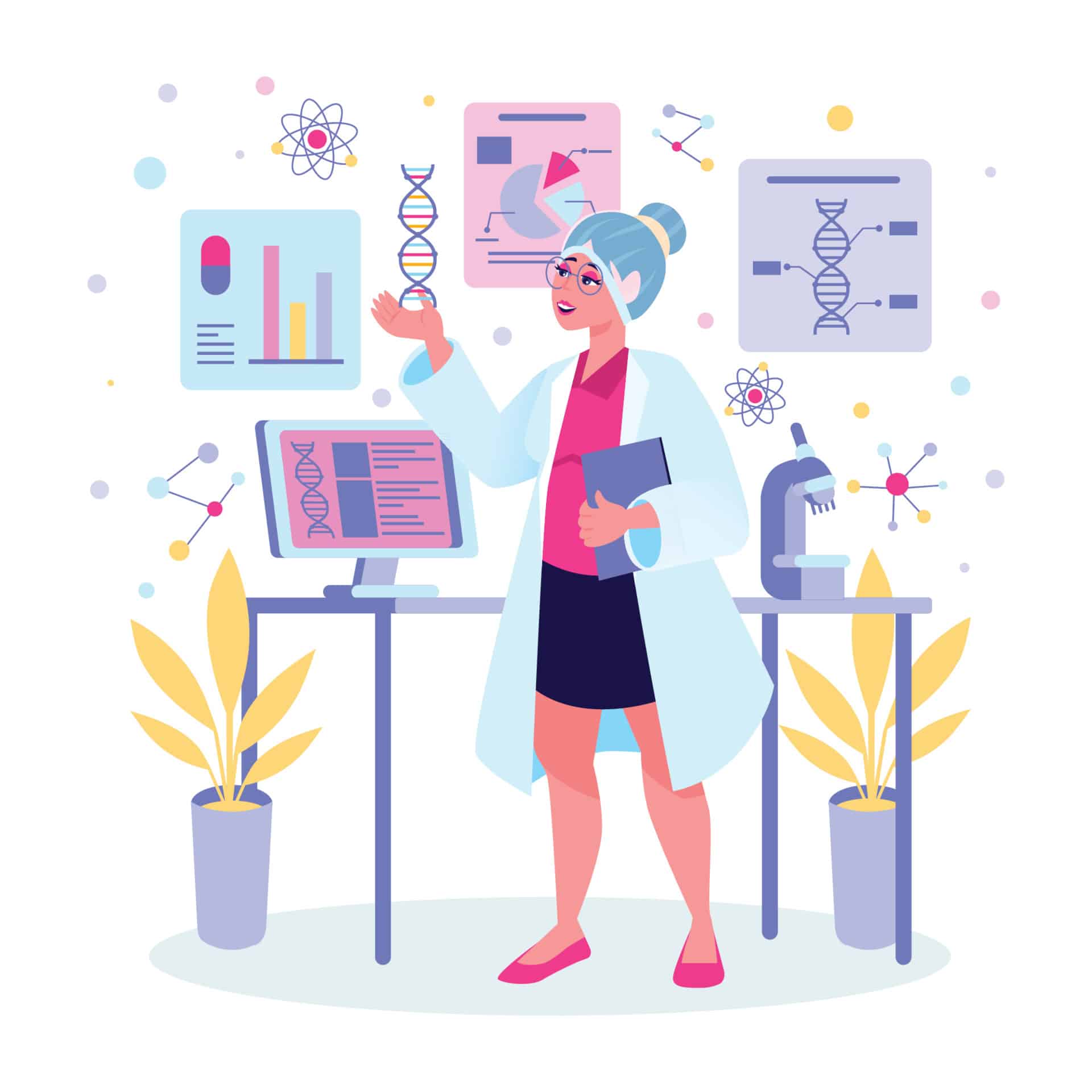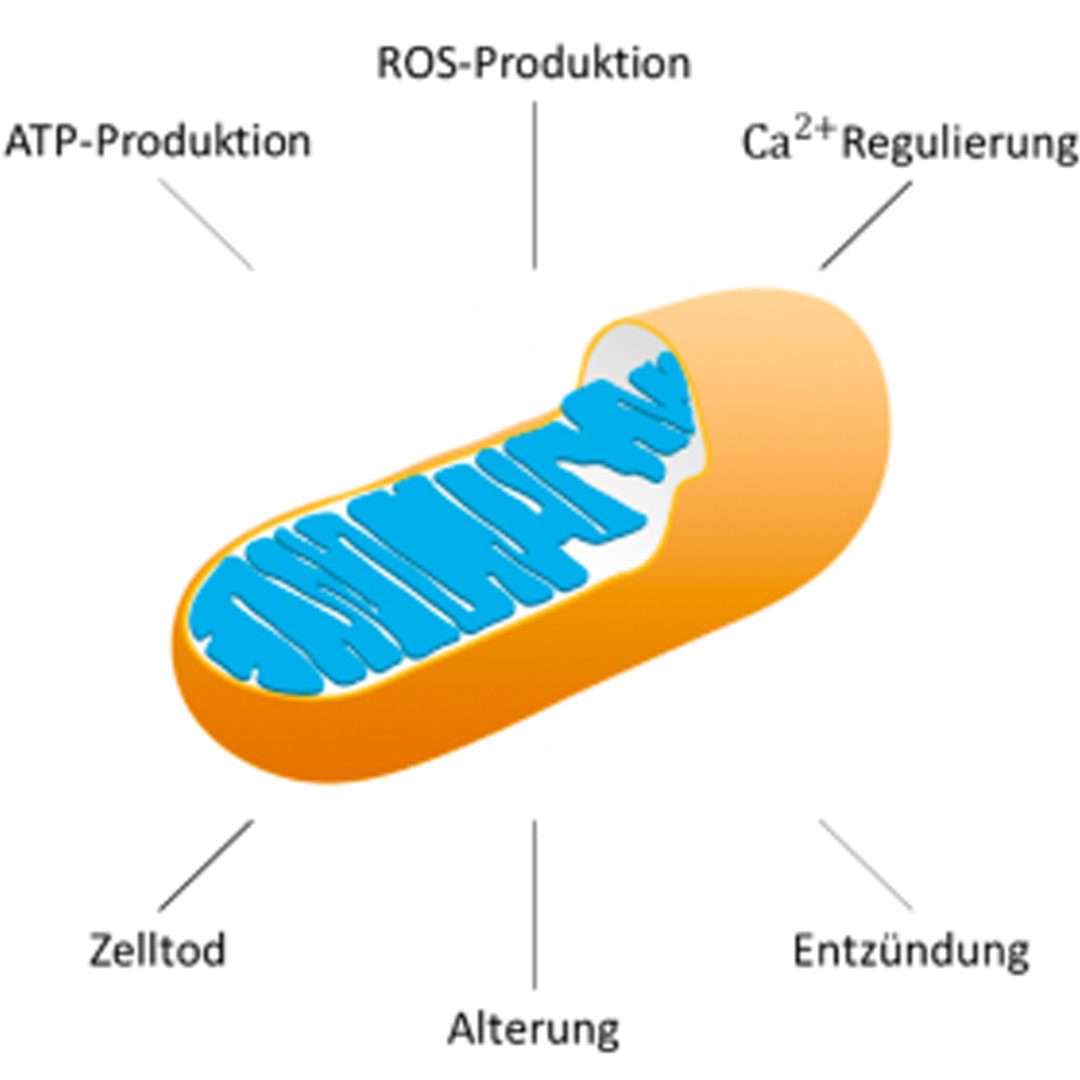Counting from the time we were born: 1 day, 1 month, 3 years, 11 years, 25 years, 36 years… old. Our calendar or chronological age is just a number over which we have no control. Many people feel older or younger than their chronological age, but how old are we? How old does our body and cells “feel”?

Life cycle by rambleron from vecteezy.com
Chronological vs biological age
Aging is a natural process, that is regulated by several factors. Not only genetics plays an important role but also external factors such as diet, habits and environmental factors can lead to an accelerated or slowed down aging. Consequently, your biological age can differ from your chronological age. This difference is decisive for life quality and life span. The biological age is a better indicator how vital and fit we actually are and can predict the risk for age related diseases more accurately.
But how can the biological age actually be measured?
A good indication for our biological age is the telomere length. Telomeres are repetitive sequences located on the ends of the chromosomes and have protective effect for the DNA. Think of telomeres as the hard plastic at the end of your shoelaces that keeps them from fraying. The telomeres become shorter with each cell division until the cell can no longer divide and stops functioning. However, this normal physiological process of aging is strongly influenced by our lifestyle and studies have shown that phytochemicals can slow down telomere shortening.

Cell and chromosome structure by Graphics RF from vecteezy.com
However, there are further aging mechanisms, that can not only be explained by telomere length but be epigenetically regulated. The epigenetic age includes additional aspects of the aging process and should be considered along with telomere length if the biological age is determined. The methylation of certain locations on our DNA provides information about cellular modifications and reflects our lifestyle and therefore biological aging processes.
In contrast to the chronological age, you can influence your biological age and even decrease it to rejuvenate your body. Generally accepted: healthy diet, more physical activity, less stress, no smoking and enough sleep.

DNA science by khan.zein554159 from vecteezy.com
Test your biological age now with our Healthy Aging Panel! In addition to your telomere length, you will learn more about your epigenetic markers of inflammation and aging and get tips on how you can even improve your biological age.











